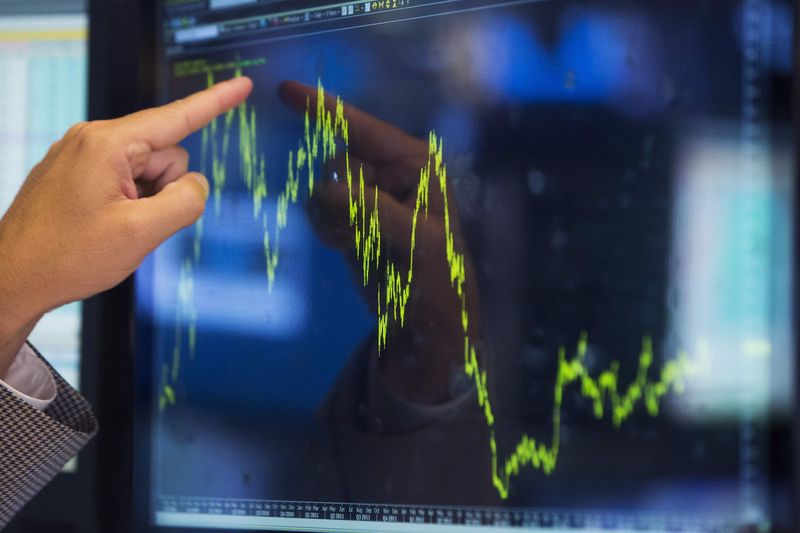This post was originally published on this site
https://i-invdn-com.akamaized.net/news/LYNXMPEA6606G_M.jpg
As American companies retreat from buying their own shares to preserve cash during the coronavirus pandemic, retail investors are being lured by a flood of economic stimulus. Net corporate-demand will plunge 80% to $100 billion this year as firms step up equity selling, according to Goldman Sachs Group Inc (NYSE:GS). That’s about one third of the amount of purchases expected from either U.S. household or international investors.
“Broker data show a surge in retail equity trading activity,” strategists led by David Kostin wrote in a note to clients. “Foreign investors and households will supplant corporations as the largest 2020 source of U.S. equity demand.”
That’s a turnaround from the previous four years, when companies spent more than $2 trillion buying back their stocks, dwarfing every other category of investors, according to Federal Reserve data compiled by Goldman. While the analysis of equity holdings by household investors also includes hedge funds, the firm put a spotlight on the role that retail traders have played in the S&P 500’s nearly 40% surge from its March bottom.
The fear-of-missing-out has been fueling buying by day traders, such as those on the commission-free brokerage Robinhood, who pounce on companies with little or no profit and send their stock price surging. With mom-and-pop investors opening record numbers of new trading accounts, Wall Street pros are trying to figure out to what degree retail appetite has become a self-fulfilling prophecy in many parts of the market and what risks it poses to the rally.
While Kostin says the participation of individual investors would be a big driver of equity demand this year, Morgan Stanley’s Mike Wilson suggests the focus on their contribution is overdone.
Read: Robinhood Midas Touch in Stocks Disputed by Barclays (LON:BARC) Researcher
Despite a surge in retail account openings, their actual dollar flows are probably small, Wilson said in a note to clients, adding that Morgan Stanley’s wealthy clients still hold new-record cash levels and show “little in the way of outsized risk appetite or speculative behavior.”
“The data supporting the ‘retail driving the rally’ is incomplete, circumstantial and tends to leave out some important considerations,” Wilson wrote. “There is surely some impact but this is more at the stock than the market level.”
To Goldman’s Kostin, his team’s prediction on robust retail inflows isn’t without caveat.
“The pace of viral spread and path of economic normalization will be key determinants of household equity flows,” Kostin said. “In addition, political uncertainty, particularly regarding personal tax rates, represents a risk to our forecast.”
©2020 Bloomberg L.P.


